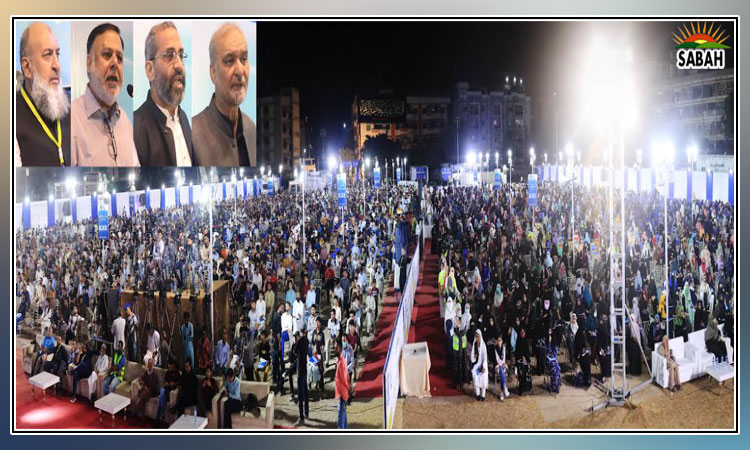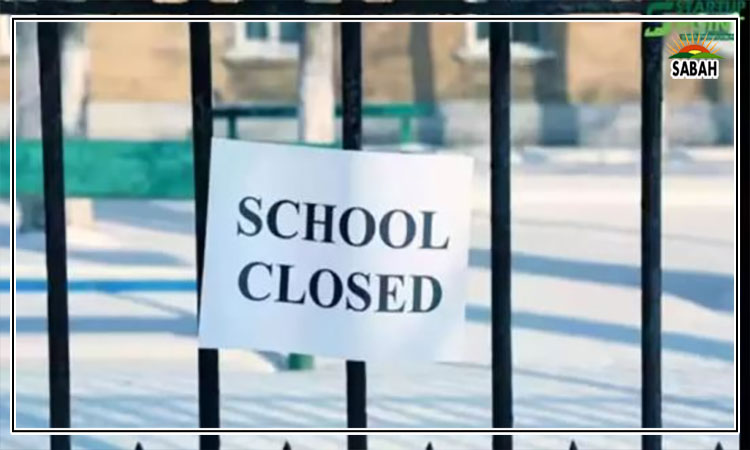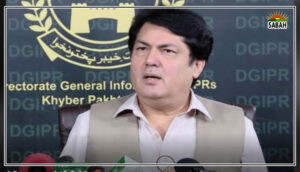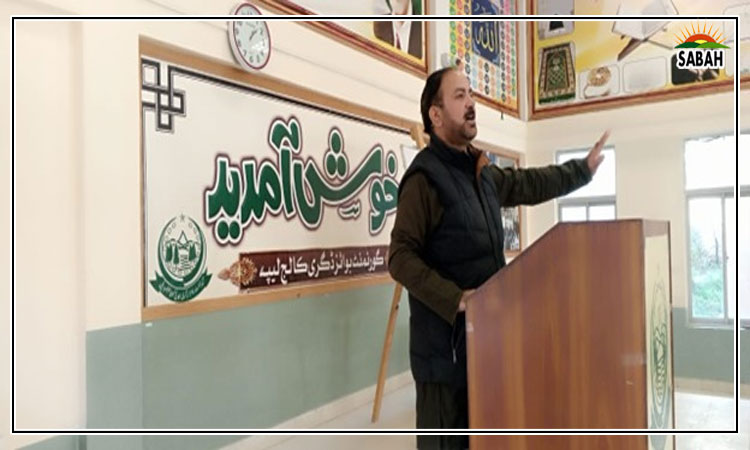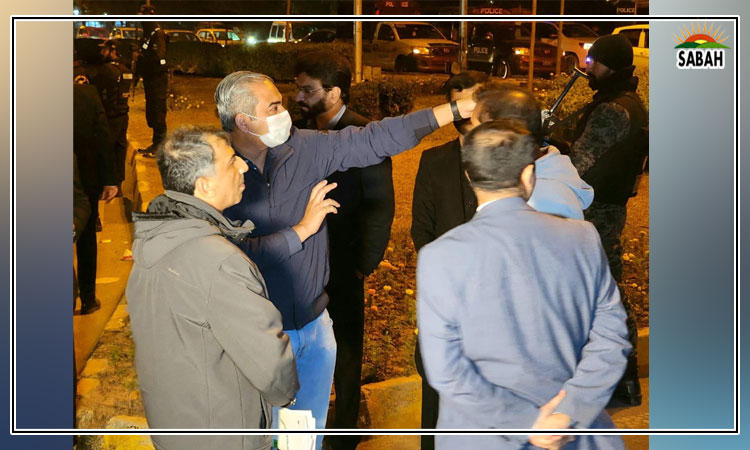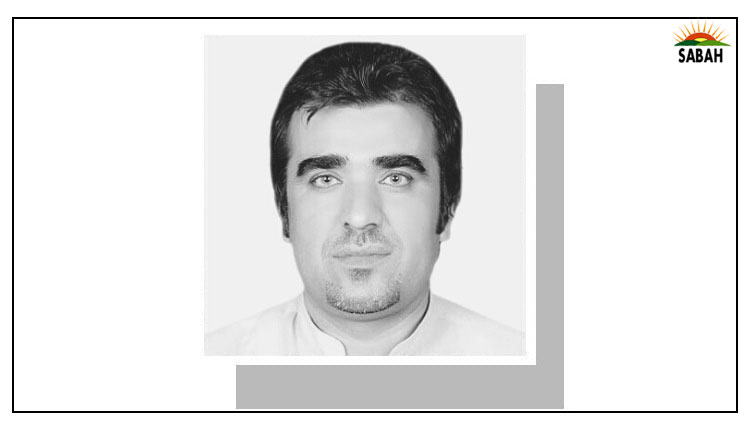Power is knowledge?…Nazir A. Jogezai
KNOWLEDGE empowers individuals, but societal and educational power structures shape what knowledge is accessible and valued. A complex relationship exists between power and knowledge, encompassing curriculum design, assessment, and teaching. We must understand the dichotomy between knowledge is power where knowledge grants power and power is knowledge, where power produces knowledge. Thus, knowledge is both a means to acquire power and a medium to sustain it, shaped by the societal power dynamics.
The curriculum serves as a powerful medium for both expressing and reinforcing power. The knowledge embedded in curricula primarily reflects the perspectives, priorities, and values of those in power. This knowledge may emphasise certain historical narratives while excluding others.
Even after independence, many post-colonial countries educational curricula still reflect the colonial powers cultural, historical, and linguistic heritage of colonial powers. In some African countries, the curricula emphasise European literature and history, while ignoring local knowledge systems, languages, and cultural practices. This perpetuates cultural hegemony by elevating the knowledge and values of the dominant culture above local ones, thereby marginalising local knowledge and sustaining colonial power relations.
Similarly, in Pakistan, the focus on certain sects or ethnic groups marginalises others, including non-Muslims, the poor, girls, and women. This control over knowledge directly influences what students learn, how they think, and ultimately how they perceive their place in society.
Control over knowledge directly influences what students learn.
Learning design and assessment can become powerful tools for reinforcing dominant societal values and power structures. In a competitive education system, children may learn that success lies in surpassing others and that individual achievement takes precedence over teamwork or collective well-being. This mindset can foster a preference for individualism and wealth over community and social responsibility.
Given its central role in the power-knowledge nexus, curriculum reform often becomes a battleground where various groups compete to define what knowledge is legitimate and valuable. These struggles reveal the power dynamics of education, as well as the potential for curricula to be a tool for social justice or otherwise.
Assessment practices further determine the value of knowledge. High-stake tests are examples of coerced standards. Assessment often prioritises memorisation over creativity, critical thinking, and emotional intelligence, perpetuating a narrow definition of intelligence and success. This marginalises students intellectual potential and reinforces social stratification, as wealthier students typically have access to more resources that better prepare them for such tests.
Assessments frequently act as gatekeepers to further educational opportunities, professional careers, and social mobility. Entrance exams for prestigious institutes serve as critical gatekeeping tools. They typically demand specific knowledge and skills, more accessible to students from affluent backgrounds who can afford private tutoring and test preparation resources. Such assessments reinforce social stratification by offering greater opportunities to those already in positions of power, thereby perpetuating existing inequalities.
Teachers act as intermediaries between curricula, assessment, and students. They wield power in shaping the delivery, interpretation, and internalisation of knowledge by students. However, teachers themselves operate within a broader power structure defined by educational policies, standards, and societal expectations. A teachers ability to either challenge or reinforce dominant narratives in the classroom can greatly influence students critical thinking and worldview. For instance, a teacher who encourages students to question and critically analyse the dominant social values can empower students to recognise and challenge inequities.
Conversely, a teacher who rigidly follows the prescribed curriculum without encouraging critical discussion may unintentionally uphold existing power dynamics. These examples illustrate a complex and multifaceted relationship between knowledge and power. The societal landscape defines power as either a means to liberty or suppression.
It is crucial to acknowledge that knowledge is neither neutral nor apolitical; it is shaped by power relations. Therefore, those who control knowledge whether through curriculum design, assessment, or pedagogical practices wield significant power over individuals and society. The challenge is to craft educational systems that are more equitable and inclusive and allow a diverse range of knowledge to be recognised and valued, thereby democratising power and education.
The writer is an educationist.
Published in Dawn, October 1st, 2024
Courtesy Dawn


